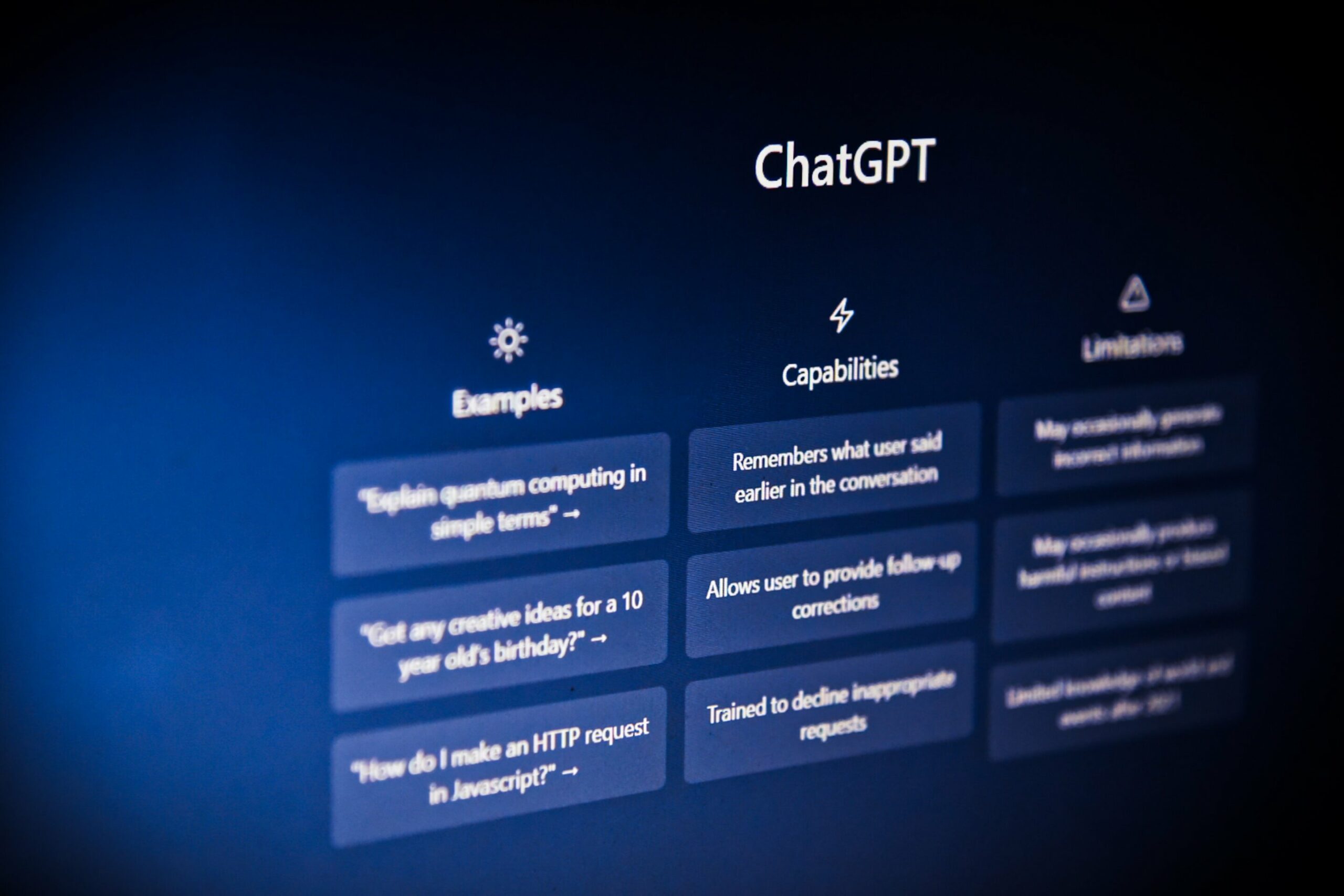The G7 leaders have announced that they will launch discussions on the responsible use of generative artificial intelligence. A working group will be set up to tackle issues from copyright to disinformation. The group will be organized in cooperation with the OECD group of developed countries and the Global Partnership on Artificial Intelligence (GPAI).
The Need to Assess the Impact of Generative AI
Governments worldwide are under pressure to quickly assess the impact of generative artificial intelligence. Text generation tools, image creators, and music composed using AI have sparked delight, alarm, and legal battles. Creators have accused them of scraping material without permission. The chief executive of ChatGPT’s OpenAI has told US lawmakers that regulating AI is essential.
The Establishment of a Working Group
The G7 statement recognizes the need to take stock of the opportunities and challenges of generative AI. The group has tasked relevant ministers to establish the Hiroshima AI process through a G7 working group. The discussions will be inclusive and will cover topics such as governance, safeguard of intellectual property rights including copyrights, promotion of transparency, response to foreign information manipulation, including disinformation, and responsible utilization of these technologies.
The Governance of the Digital Economy
The G7 has stated that the governance of the digital economy should continue to be updated in line with shared democratic values. These values include fairness, respect for privacy, and protection from online harassment, hate, and abuse. The European Parliament lawmakers have also taken the first step towards EU-wide regulation of ChatGPT and other AI systems.
The G7 leaders have taken a significant step by establishing a working group to discuss the responsible use of generative artificial intelligence. The governance of the digital economy should continue to be updated in line with shared democratic values. The regulatory intervention by governments will be critical to mitigate the risks of increasingly powerful models. The responsible utilization of these technologies is essential to ensure that AI can address some of humanity’s biggest challenges, like climate change and curing cancer.



Leave a Reply